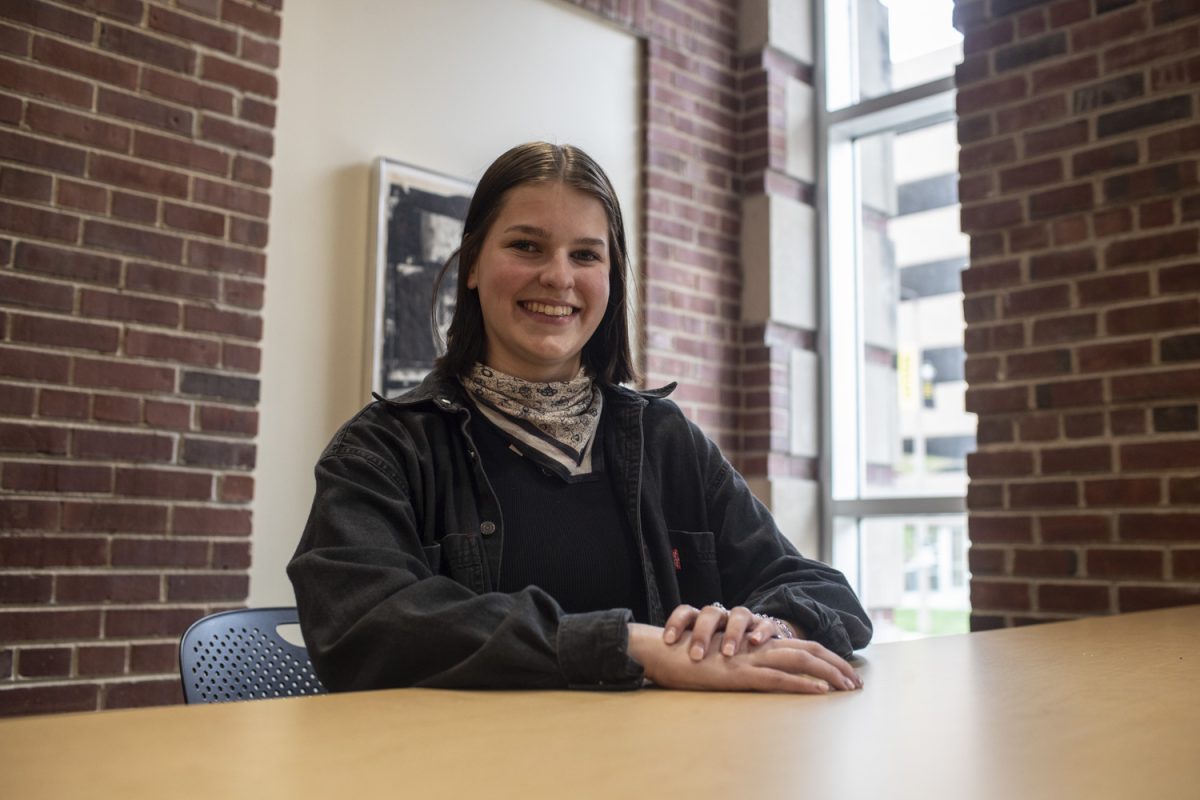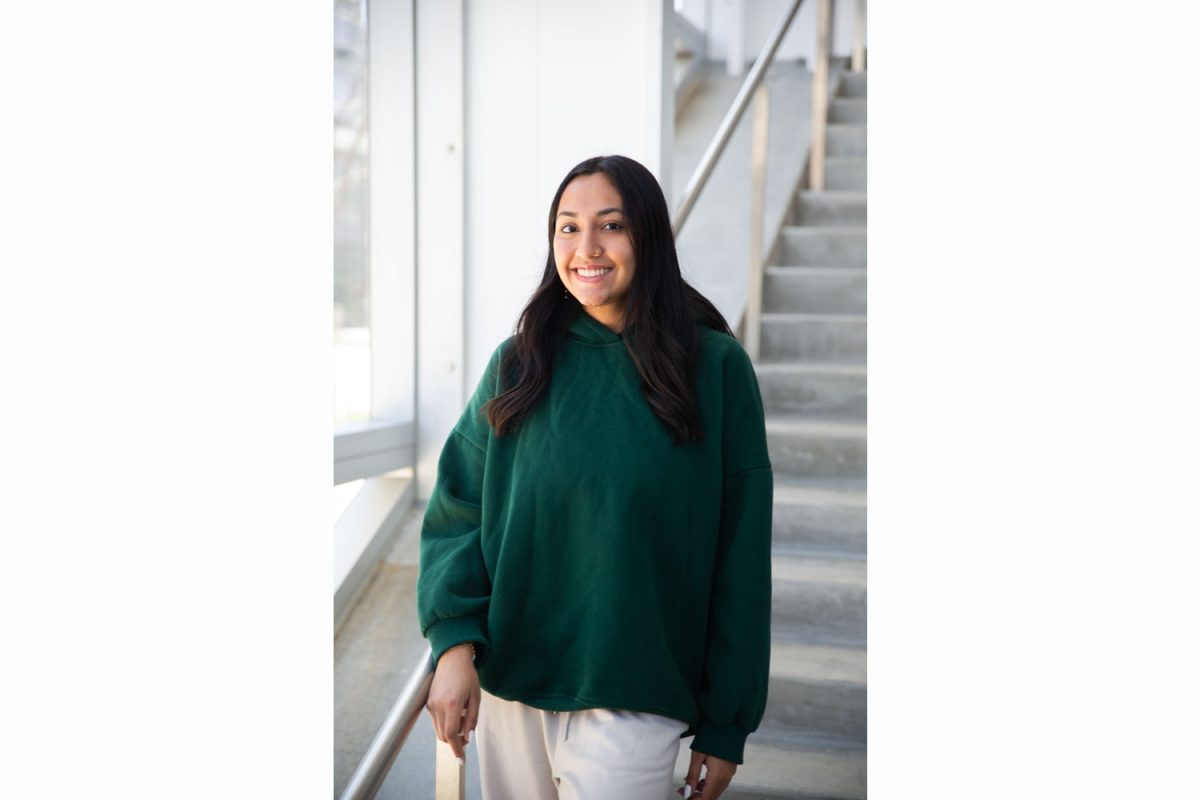Four days; 96 hours; 5,760 minutes.
That’s how much time event organizers have allotted for a public reading of War and Peace.
This weekend, UI students, staff, and community members will take 20-minute turns reading from the 1,200-page book written by Leo Tolstoy from 1864-1869.
The reading will take place in front of the Old Capitol from 9 a.m. to 9 p.m. beginning today and ending Sept. 23.
Inspired by the reading of Anna Karenina, written by Tolstoy from 1873-1876, Anna Barker, a University of Iowa adjunct assistant professor in the Asian and Slavic and Cinema and Comparative Literature Departments, decided to organize another Tolstoy reading this month to celebrate the 200th anniversary of the French invasion of Russia in 1812.
UI senior Emily Tow, once a student of Barker’s, was also a participant in the Anna Karenina reading in late October 2010. That reading had 110 participants and took nearly 37 hours to complete.
Sean O’Harrow, the director of UI Museum of Art, will begin this years’ reading in French. He said he is always willing to participate in projects that promote education.
“I wanted to help read War and Peace so that people can learn about the connection between Tolstoy’s literature and the history of Napoleon’s Empire,” he said. “This is another way to promote the [UI Museum of Art’s] Napoleon exhibition.”
After two years of collaborating with international French art collectors, O’Harrow managed to bring the 120-item Napoleon exhibition to Iowa City.
“This exhibition was a lot of work, but I figured people would love to see the art of Napoleon here in Iowa,” he said. “I thought that this would be of interest to UI faculty, students, and visitors.”
One-third of the exhibition is located on the main floor of the Old Capitol, and two-thirds are located in the IMU Black Box Theater.
O’Harrow said he hopes people will ask about the connection between Iowa and Napoleon.
“He actually sold Iowa and the rest of the Louisiana Territory to the U.S. in 1803, and I don’t think many people know about this history,” he said.
Napoleon owned the Iowa territory, part of the Louisiana Territory (France had owned the territory for a long time before Napoleon), from 1799, when he deposed the French Directory, until April 30, 1803. O’Harrow said Iowa’s original name was “Napoleon Iowa” and Johnson County’s original seat was located in what is now Napoleon Park.
Napoleon sold the Louisiana Territory to the United States, under President Thomas Jefferson, in 1803 because of a tough financial situation and his lack of a naval fleet.
Tow said she is excited to read War and Peace this year because of Iowa’s connection to Napoleon.
“I think that our culture doesn’t provide enough opportunities for people to really get to dig into books outside of school,” she said. “And so I think this does great service to those who still keep a lantern lit for literature after they are no longer in school.”
Barker — who spent her summer traveling through France in the footsteps of Tolstoy and Napoleon from Corsica to Paris and from Tolstoy’s estate in Yasnaya Polyana, Russia, to the battlefield of Borodino, Russia (on which Napoleon defeated the Russians trying to defend Moscow on Sept. 7, 1812), stressed that it is important for Iowans to expand their knowledge of history through different ways.
“Reading a history book is a great start to approaching knowledge,” she said. “But history comes alive when you expand your approach through literature, art, music, and culture of the period.”
Opportunities to explore the different media of Russian history will be provided by UI organizations throughout the month. Events include art shows, musical performances, lectures, readings, and more.
“The university wants us to have a well-rounded education, and things such as this really show you how an important piece in your major can be related to other hugely important pieces in other disciplines,” Tow said. “I mean, it doesn’t get much bigger than the 1812 Overture, right?”
Related Upcoming Events:
WorldCanvass: “Napoleon and His Legacy”
Tchaikovsky’s 1812 Overture
Josephine at Malmaison
An Evening with Tolstoy, Beethoven, Tchaikovsky, and Rachmaninoff
Iowa Frontier: Perspectives on the War of 1812






